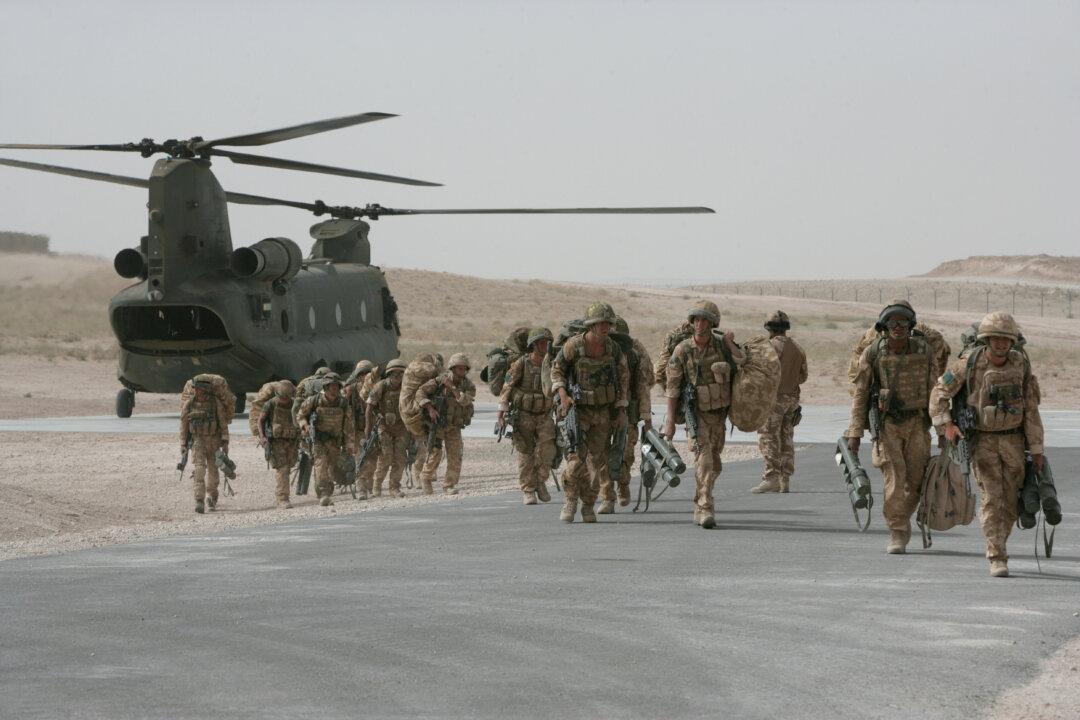Some 600 British troops are being sent to Afghanistan to help Britons to leave the country, as Taliban forces continue to sweep into the major cities, the Defence Minister has announced.
“The security of British nationals, British military personnel, and former Afghan staff is our first priority,” said Defence Minister Ben Wallace in a statement on Aug. 13.





